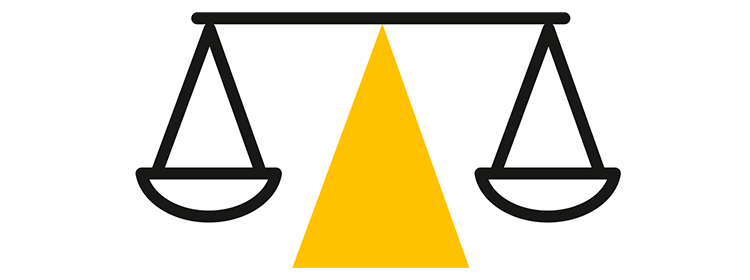
Since I started my sales careers almost 40 years ago, I have met thousands and thousands of salespeople and sales leaders and I can tell you many stories about these encounters, but what I want to focus on today is what I believe to be the motivation driving the vast majority of these sales and service people and sales leaders: their desire to help people, their clients, be successful and do the right .....


New Article Email Notification